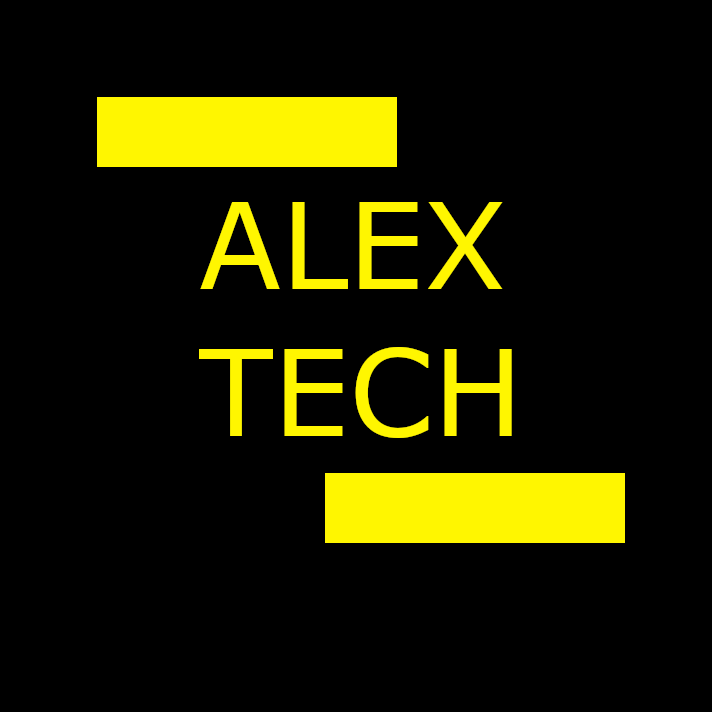- Published on
The Next 3 Years of Software Engineering - Why Even Experts Are Terrified
- Authors

- Name
- Alex Tech
The Next 3 Years of Software Engineering - Why Even Experts Are Terrified
Artificial Intelligence is advancing at an unprecedented rate. In just a few years, we’ve gone from simple chatbots to AI that can code, optimize processes, and even self-improve. But what does this mean for software engineers? Will AI make us obsolete, or can we adapt?
For a deeper dive, watch my YouTube video where I break down the next three years in software engineering.
In this article, we’ll explore what’s coming in 2025, 2026, and 2027—and how developers can prepare for the AI revolution.
2025: The First Big Shift
AI models are evolving rapidly, and by 2025, they will have cracked the scaling laws. This means AI will be able to optimize itself with minimal human intervention, streamlining traditional software engineering tasks. Routine coding, debugging, and even basic architectural decisions may no longer require a human touch. Engineers will need to shift from writing code to managing AI tools.
Key Takeaways for Developers:
- Learn AI-assisted coding tools like GitHub Copilot, Devin, and Tabnine.
- Focus on problem-solving, critical thinking, and domain expertise.
- Develop AI governance and security skills to remain relevant.
2026: AI as an Autonomous Developer
By 2026, AI will no longer be just a tool—it will become an autonomous developer. AI agents will handle feature development, bug fixing, and even system optimizations with little human input.
Key Challenges:
- The speed of AI adoption may outpace our ability to regulate it.
- Engineers who resist AI integration risk being left behind.
- Ethical concerns around AI decision-making will intensify.
2027: The Year of AI Self-Improvement
2027 is when AI could enter the realm of artificial superintelligence (ASI). AI won’t just execute tasks—it will improve itself in ways that even experts may struggle to understand. This raises serious concerns:
- Job displacement: Traditional coding roles may vanish.
- Skill shifts: Engineers must focus on AI auditing, validation, and oversight.
- Regulatory gaps: Governments and organizations will struggle to keep up with AI’s rapid advancements.
How to Prepare for the AI-Driven Future
- Stay Updated: Follow AI advancements through research papers and news.
- Upskill Continuously: Learn AI ethics, AI-driven development, and automation strategies.
- Embrace Change: Work alongside AI instead of resisting it.
Further Reading
- McKinsey on AI Transformation
- MIT Technology Review on AI
- OpenAI Research
- Harvard Business Review: The Future of Work in AI
- Stanford AI Index Report
- World Economic Forum: AI and the Workforce
The AI revolution isn’t coming—it’s already here. The only question is: are you ready for it?
🚀 Let’s discuss—leave your thoughts in the comments on my YouTube video!
